This Monday, January 23, Place de la Nation in Paris, a demonstration was held at the call of the « Collective for the survival of bakery and crafts ».
The rise in the cost of energy is still being felt by bakers, who saw the price per megawatt hour go from 110 euros last year to 310 euros in December.
Bakers, weakened by the rise in energy prices, say they are threatened with closure and are increasing calls for mobilization against a tariff shield which they consider insufficient.
If they are very rarely seen in the streets, the bakers of France have been at the forefront of numerous mobilizations and strikes since 1947, fighting to defend their economic and social interests, but also those of others.
The bakers have been heard. Elisabeth Borne announced on Tuesday January 3, on Franceinfo that bakers, put in difficulty by soaring energy prices, will be able to « request the postponement of the payment of their taxes and social security contributions » to support their cash flow.
The bakery professionals were then received in Bercy in the morning by the Minister of the Economy, Bruno Le Maire, and the Minister for Small and Medium-Sized Enterprises, Olivia Grégoire, in order to « discuss the consequences of the crisis energy ».
In addition, at the beginning of December, Bruno Le Maire already announced the extension to 2023 of support measures for companies to pay their energy bills. He had thus indicated that the « electricity window » planned by the government to help small businesses would be maintained when it was initially to stop at the end of 2022. It is supplemented by the entry into force in 2023 of the « electricity shock absorber “, an umpteenth support system covering part of the energy expenses of companies.
We must save the baker. Despite the government’s latest announcements to try to calm the situation, with the introduction of new energy aid for VSEs and SMEs, and the introduction of a new tariff for 2023 for very small businesses, craftsmen bakers find themselves in a complicated situation in the face of soaring energy prices.
Thus, there were many of them in the streets of Paris this Monday to respond, in particular, to the call of the « Collective for the survival of bakery and crafts ». And if this mobilization seems singular, so rare is the profession on the asphalt, history shows that the bakers of France have been at the forefront of many mobilizations and strikes.
Every ten years a baker fights to save his bakery
The strike of Parisian bakers is at the origin of the SNCF strike, started on June 2, 1947 in the workshops of Villeneuve-Saint-Georges by « a few workers who had not been able to obtain the bread for their snack ». France then suffered from serious food shortages which caused inflation reaching 60% over the year. This is the launch of the Marshall Plan.
In 1955, there were approximately 55,000 bakers for 43.6 million inhabitants. Professional bodies deplore the policy of crushing the price of bread and the low margins. If some remain, 1/4 of bakeries are below the break-even point. The strikes of this time were also motivated by wage demands and demands for improved working conditions.
The 1970s saw the emergence of new challenges, in particular competition from large retailers and industrial bakeries, which led to a drop in demand for artisan bread. Bakers responded by grouping together in cooperatives and mobilizing to defend their profession, but between 1968 and 1975, 6,786 artisan bakeries disappeared.
The 1980s and 1990s were marked by economic crisis and structural reforms that impacted the baking industry.
On the initiative of the profession, the name « pain de tradition française » was also created through decree no. 93-1074 of September 13, 1993. The objective: to create a standard for the manufacture of traditional French baguette and fight against competition from large retailers.
In 2020, bakers were affected by the economic crisis linked to the Covid-19 pandemic, which led to higher raw material costs and social charges. Bakers have staged rallies and strikes to protest these hikes, demanding financial assistance to meet these additional costs and measures to protect jobs in the baking industry.
This was also the case in 1947 and 1995, strikes enabled bakers to maintain their position on the market and preserve their knowledge.
If the energy companies do not fall into line, « we can always take more from energy suppliers than what we do today », threatened Bruno Le Maire after months of fiery debates around sup. In the budget for 2023, the government has, in fact, put in place a mechanism which should enable it to collect part of the “annuity” of energy companies and bring it back, according to its estimates, 11 billion euros.
The bakers of France have been at the forefront of numerous mobilizations and strikes since 1950, fighting to defend their economic and social interests in the face of challenges such as competition from large retailers, the economic crisis and structural reforms.
If the government does not find solutions and does not help the bakers, we risk having the same fate as in 1947,
severe shortages of bread.
Views: 0


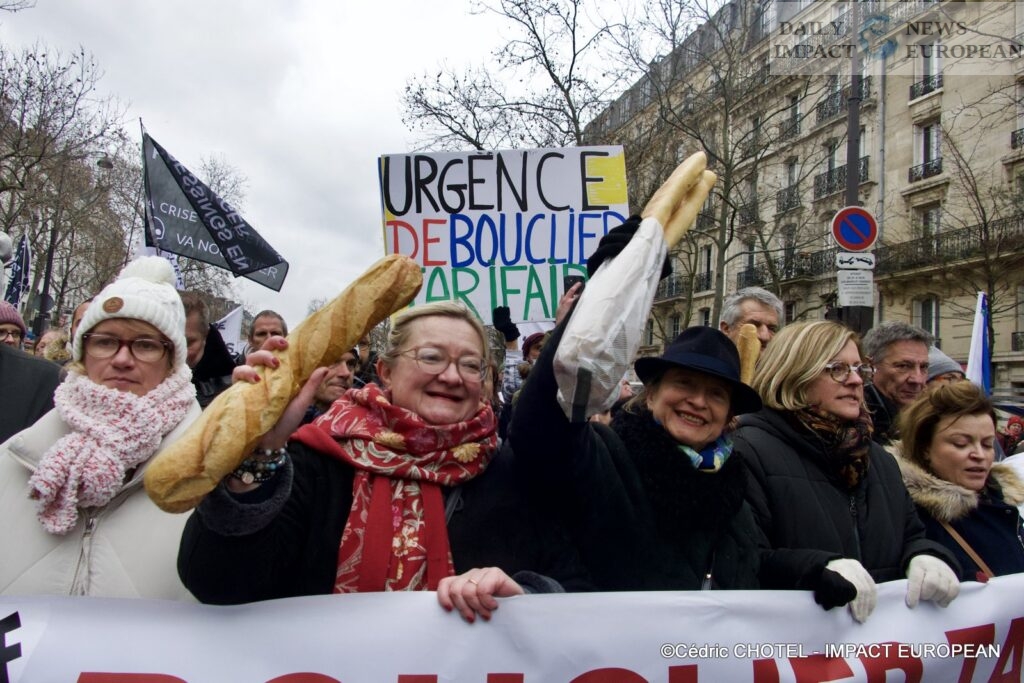
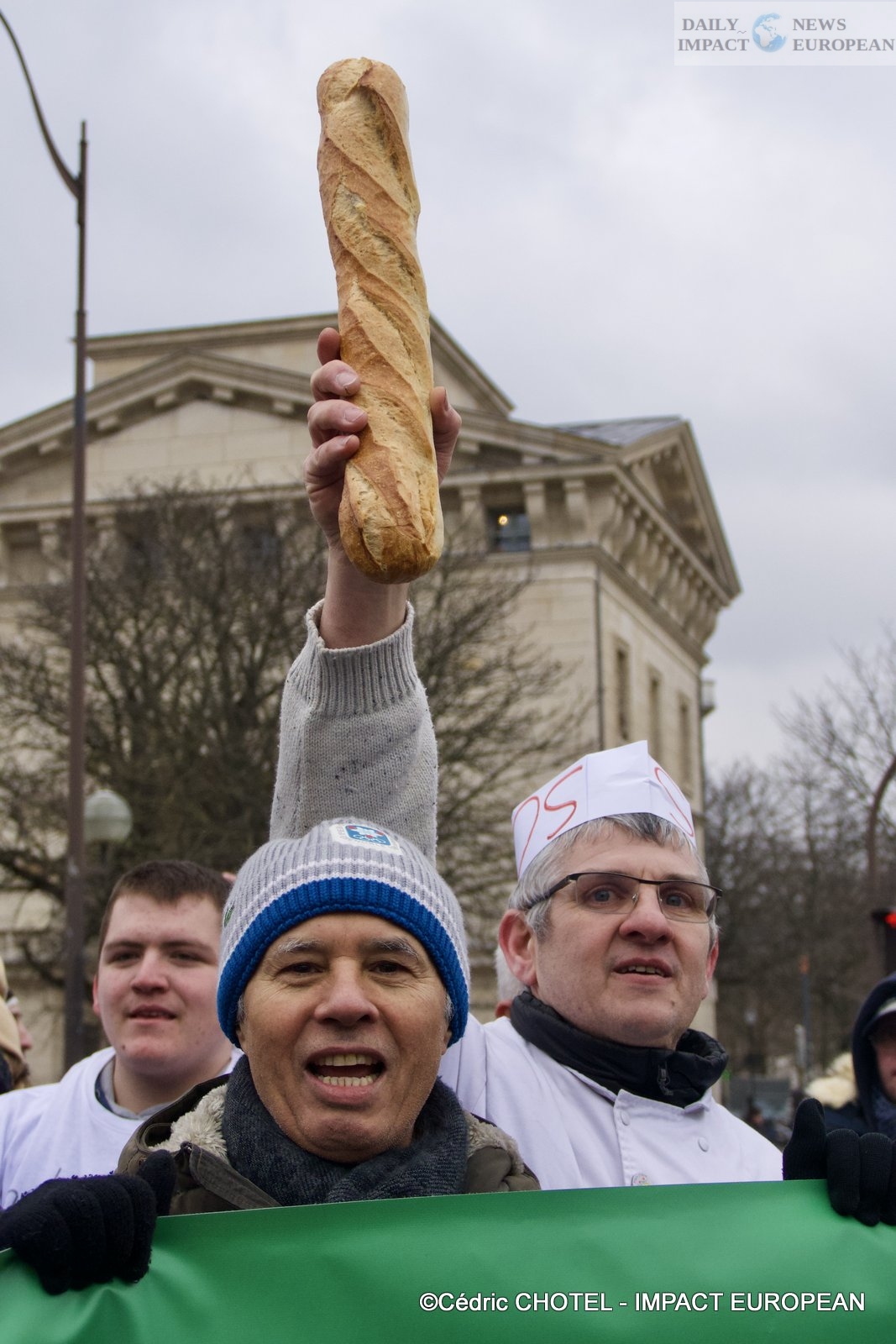
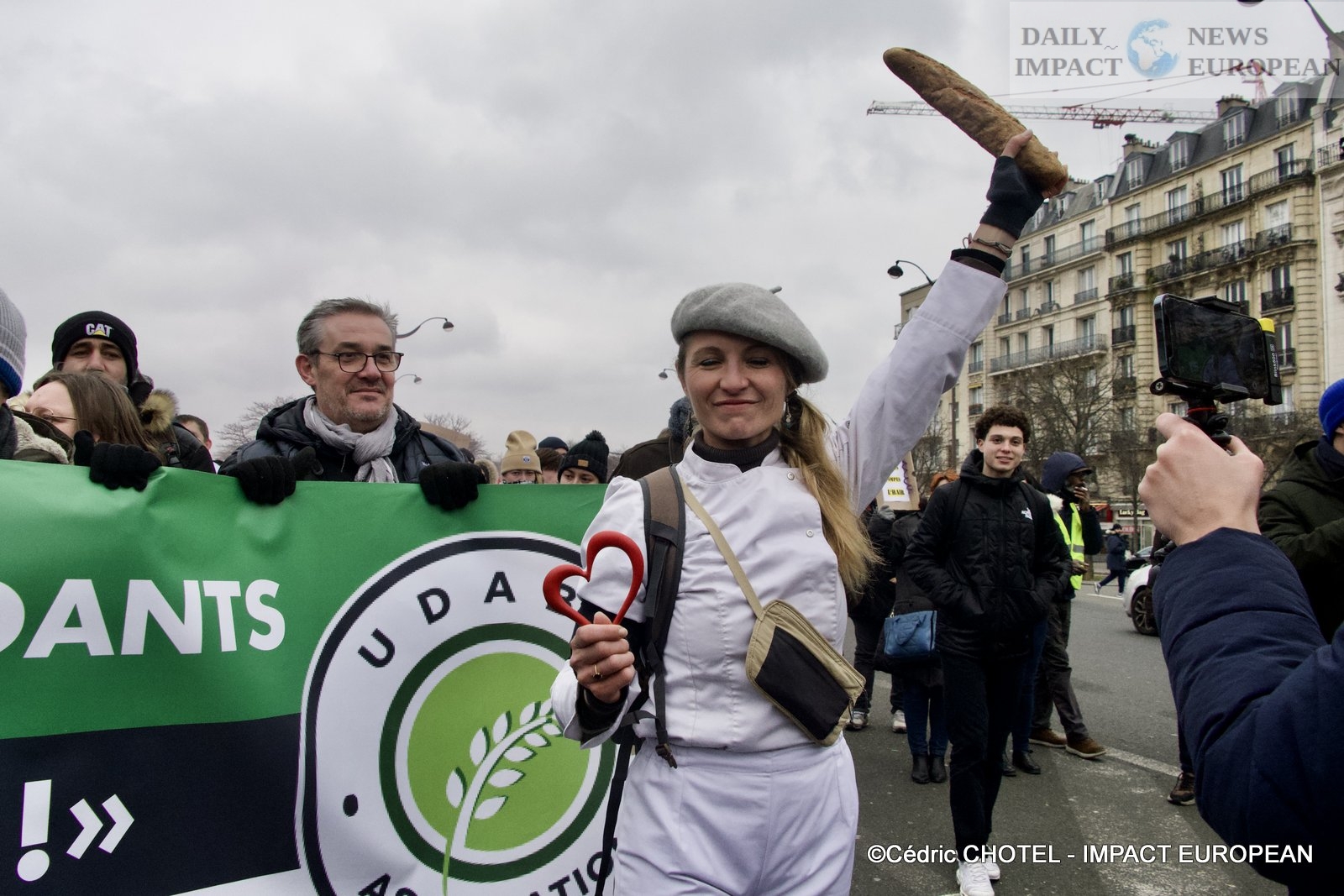
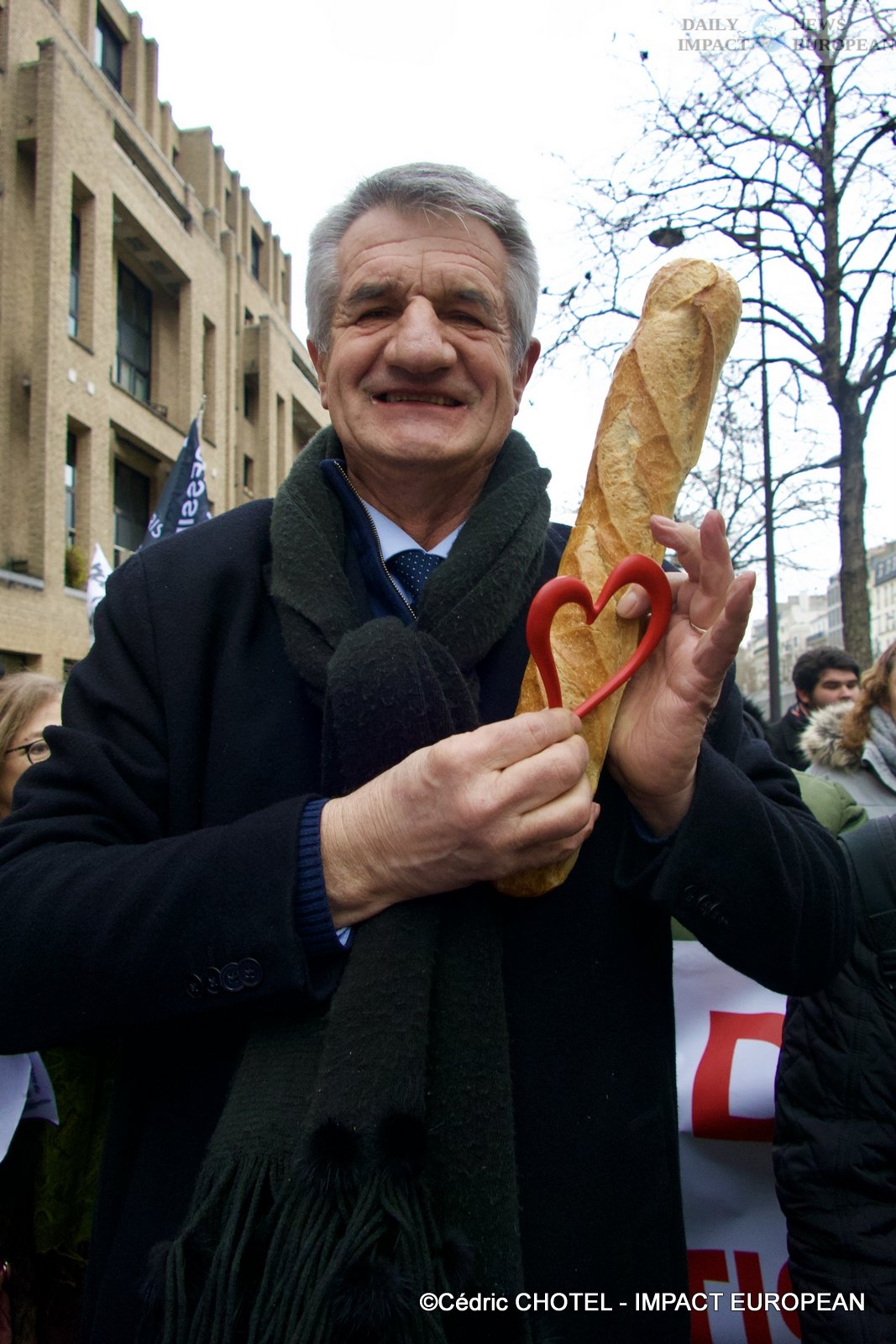
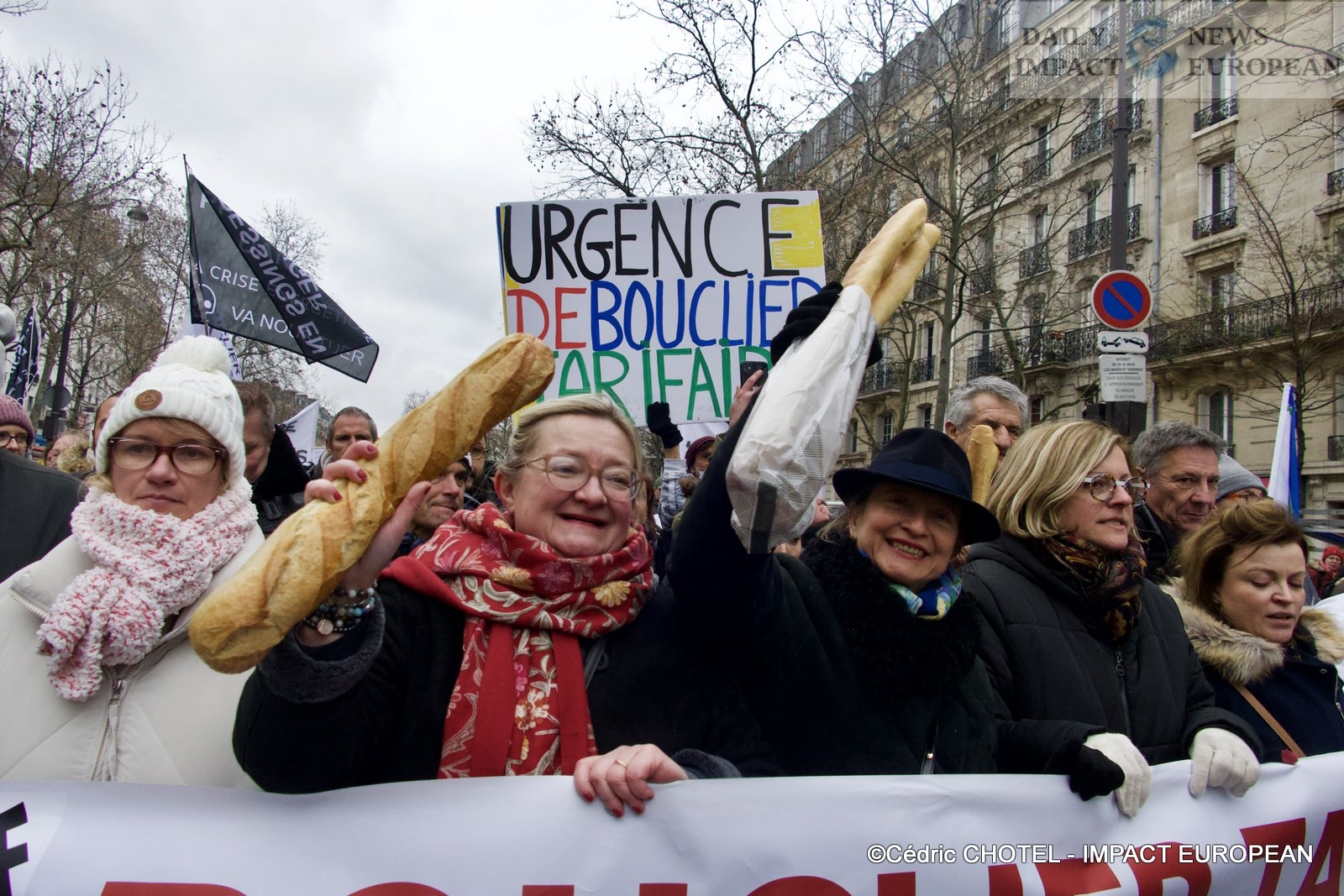










More Stories
Phenom 300E: The World’s Leading Light Jet for 14 Consecutive Years
Art Capital, 20 Years Already
Chers Parents Premieres in Paris